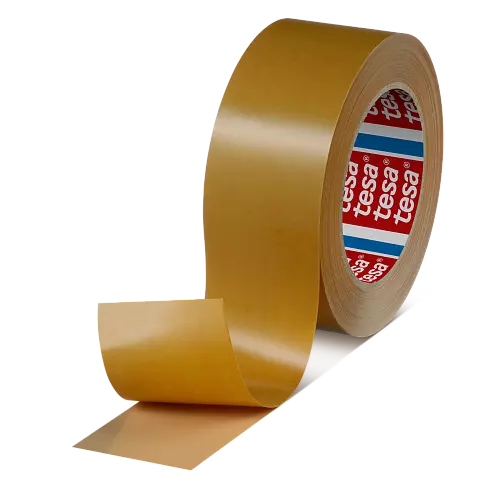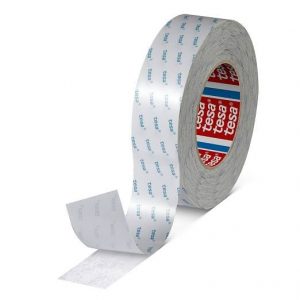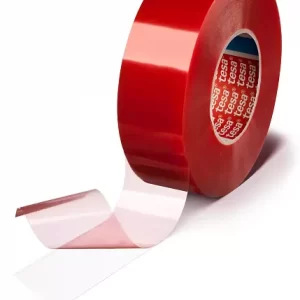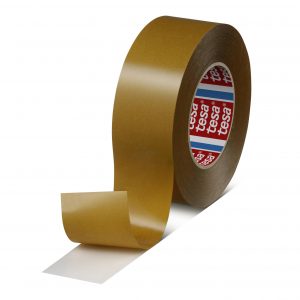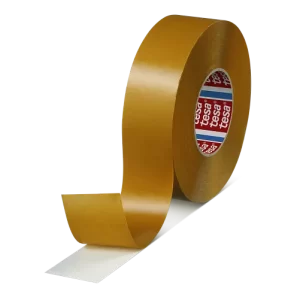Feature
- At room temperature tesa HAF® 8410 is not tacky.
- It is activated by heat and pressure applied over a certain period of time.
- Reliable chip module bonding
- Suitable for PVC, ABS, PET, and PC cards
- Good workability on all common implanting lines
- Outstanding ageing resistance
- Lifelong flexibility due to high rubber content



